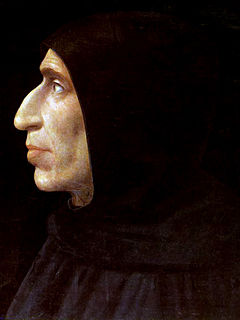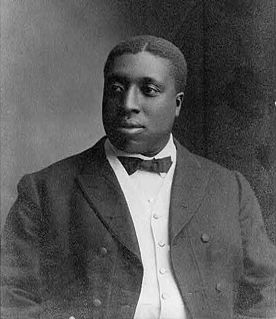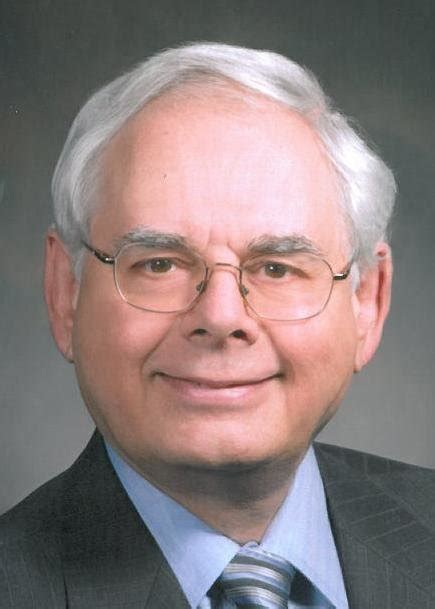A Quote by Saint Basil
Do not, as is usually the case, thrust the care of the common weal upon your neighbor; then, as each one in his own thoughts makes light of the matter, all find to their surprise that they have drawn upon themselves by their neglect a personal misfortune.
Related Quotes
One cool judgment is worth a thousand hasty councils. The thing to do is to supply light and not heat. Ay any rate, if it is heat it ought to be white heat and not sputter, because sputtering heat is apt to spread the fire. There ought, if there is any heat at all, to be that warmth of the heart which makes every man thrust aside his own personal feeling, his own personal interest, and take thought of the welfare and benefit of others.
First of all, although men have a common destiny, each individual also has to work out his own personal salvation for himself in fear and trembling. We can help one another to find the meaning of life no doubt. But in the last analysis, the individual person is responsible for living his own life and for "finding himself." If he persists in shifting his responsibility to somebody else, he fails to find out the meaning of his own existence. You cannot tell me who I am and I cannot tell you who you are. If you do not know your own identity, who is going to identify you?
Man tries to make for himself in the fashion that suits him best a simplified and intelligible picture of the world; he then tries to some extent to substitute this cosmos of his for the world of experience, and thus to overcome it. This is what the painter, the poet, the speculative philosopher, and the natural scientists do, each in his own fashion. Each makes this cosmos and its construction the pivot of his emotional life, in order to find in this way peace and security which he can not find in the narrow whirlpool of personal experience.
But what does it mean to be on God's side? I believe it starts with focusing on the common good - not just in politics, but in all the decisions we make in our personal, family, vocational, financial, communal, and, public lives. That old but always new ethic simply says we must care for more than just ourselves or our own group. We must care for our neighbor as well, and for the health of the life we share with one another. It echoes a very basic tenet of Christianity and other faiths - love your neighbor as yourself - still the most transformational ethic in history.
By accepting a suspicion against the neighbor, by saying, 'What does it matter if I put in a word about my suspicion? What does it matter if I find out what my brother is saying or what a guest is doing?' the mind begins to forget about its own sins and to talk idly about his neighbor, speaking evil against him, despising him, and from this he falls into the very thing he condemns. Because we become careless about our own faults and do not lament our own death, we lose the power to correct ourselves and we are always at work on our neighbor.
That which is common to the greatest number has the least care bestowed upon it. Every one thinks chiefly of his own, hardly at all of the common interest; and only when he is himself concerned as an individual. For besides other considerations, everybody is more inclined to neglect the duty which he expects another to fulfill.
It is rare to find a man who believes in his own thoughts or speaks that which he is created to say. As nothing astonishes men so much as common sense and plain dealing, so nothing is more rare in any man than an act of his own...feel yourself, and be not daunted by things...The light by which we see this world comes out from the soul of the observer.
From what deep springs of character our personal philosophies issue, we cannot be sure. In philosophers themselves we seem always able to notice some deep internal correspondence between the man and his philosophy. Are our philosophies, then, merely the inevitable outcome of the body of fate and personal circumstance that is thrust upon each of us? Or are these beliefs the means by which we freely create ourselves as the persons we become? Here, at the very outset, the question of freedom already hovers in the background.









































